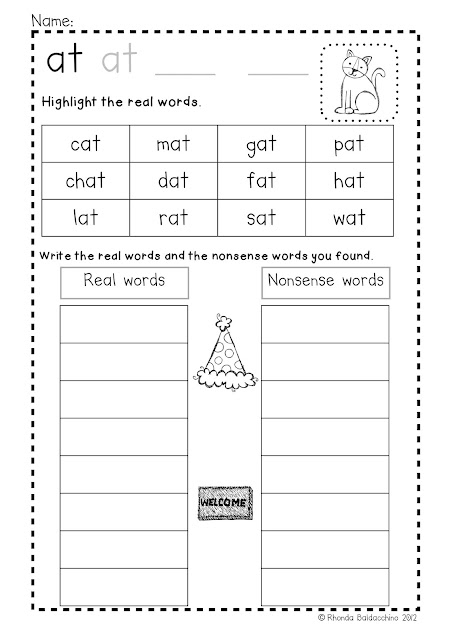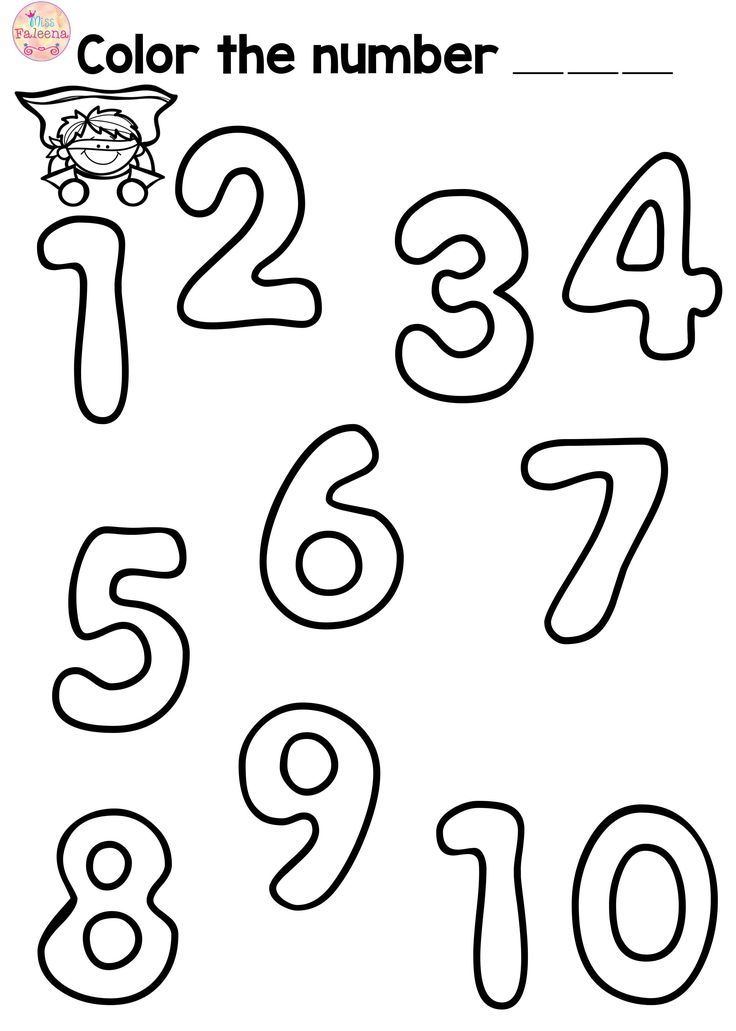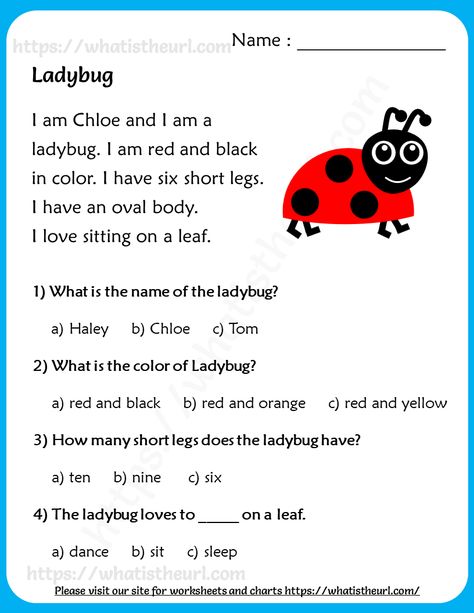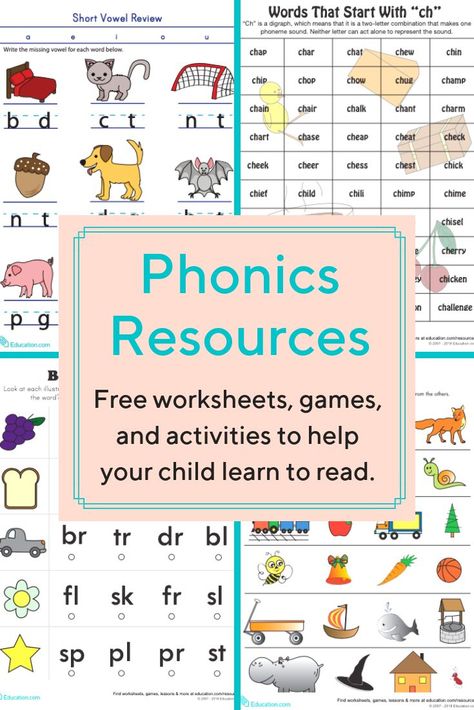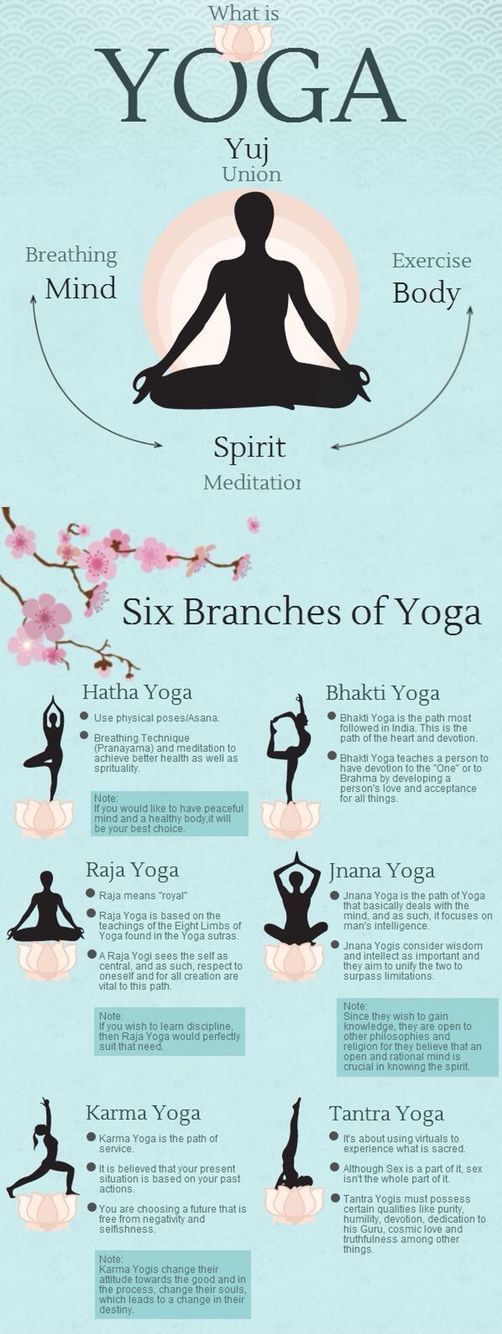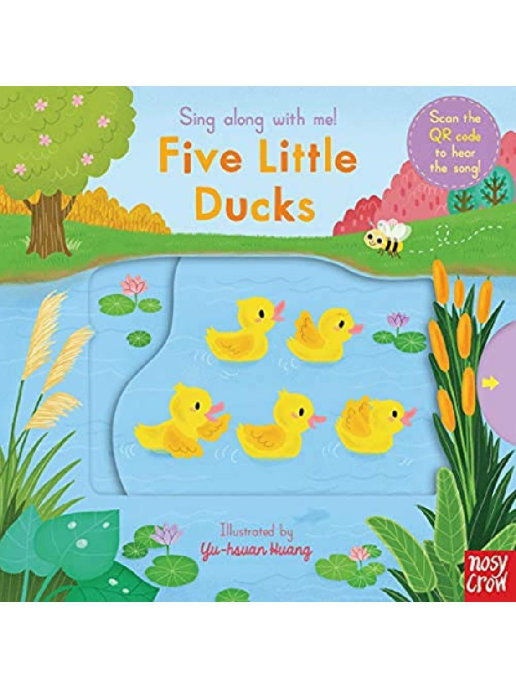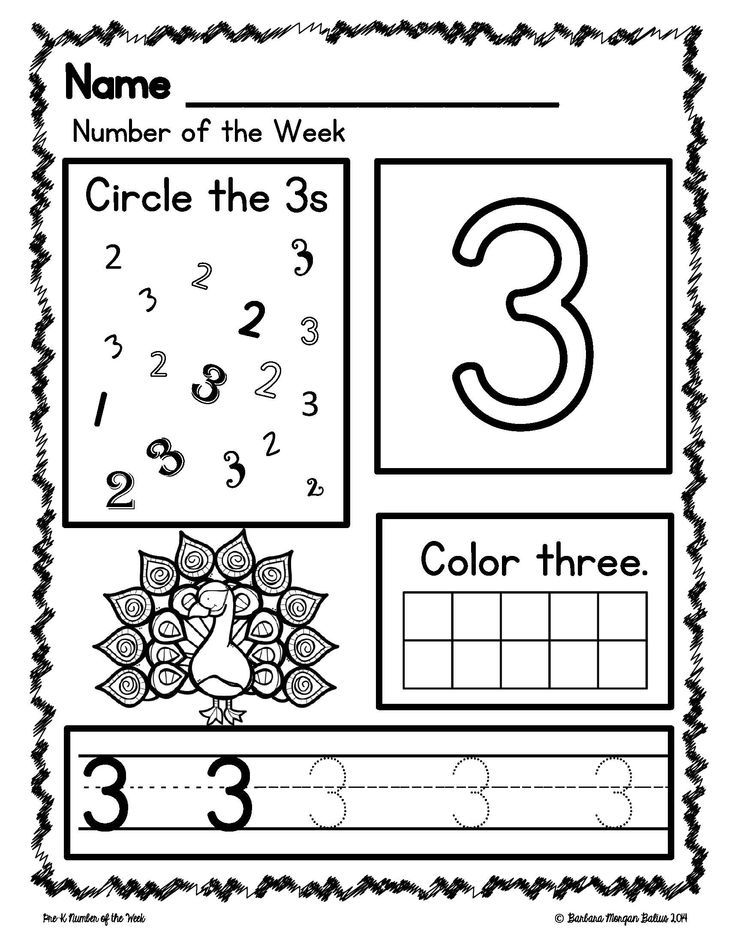Long o word family
Long o word family mats
PSPKK123February 27, 2014 • 13 Comments
This post contains affiliate links. As an Amazon Associate I earn from qualifying purchases.
Sharing is caring!
Looking for some learning centers to help your child(ren) master the long o word families? Here you are!
UPDATE: My word family mats give reading practice with analytic phonics instruction. Analytic phonics is when you use known words or word parts (such as word families) as analogies for figuring out words. Many children do very well with analytic phonics instruction. However, as I learn more about the science of reading, I now prefer to start with synthetic phonics instruction. You can learn more about that in this video blog post.
My Five loves doing Read ‘n Stick Mats. He’s become proficient at the short a, short o, short e, short i, and short u mats. Now that he can read simple short vowel words automatically, we’ve moved on to long vowel patterns.
By reading the accompanying word cards and matching them to the pictures, he’s learning to recognize these phonics patterns:
- o-consonant-e (such as oke and ole)
- ow (as in crow)
- oa (as in coat)
- oe (as in hoe)
I call these my Read ‘n Stick Mats because you can laminate the pages and attach Velcro dots for extra fun matching. Of course you can do this more quickly and less expensively by using sticky putty or by just setting the words on the pictures. (Pictured above is one of my long a read ‘n stick mats.)
Why use Read ‘n Stick Word Family Mats?
1) They’re hands-on. My son enjoys reading the words and sticking them to the pictures.
2) The visual aid of the pictures gives an extra clue for beginning readers. It makes the reading task more manageable.
It makes the reading task more manageable.
3) They’re vocabulary builders. I’d love to make all eight words familiar ones – like coat and goat. But there aren’t enough of them! The bonus if that your child’s vocabulary expands when you teach him words like moat and gloat.
How do you use Read ‘n Stick Mats?
1) Print and laminate each mat on sturdy cardstock. I love this affordable home laminator and laminating sheets! Then print and laminate each set of cards. Cut them apart and stick Velcro dotsto the pictures and backs of the cards.
2) You can certainly print the mats and cards on plain paper, and have your child match them. However, for a more durable and lasting activity, I recommend #1. A bonus of the Velcro dots is that you can store the mats without the cards getting lost — just stick them on! A less expensive and quicker option would be to use sticky putty.
3) My mats were constantly getting misplaced until I punched holes in them and stored them in a 3-ring binder.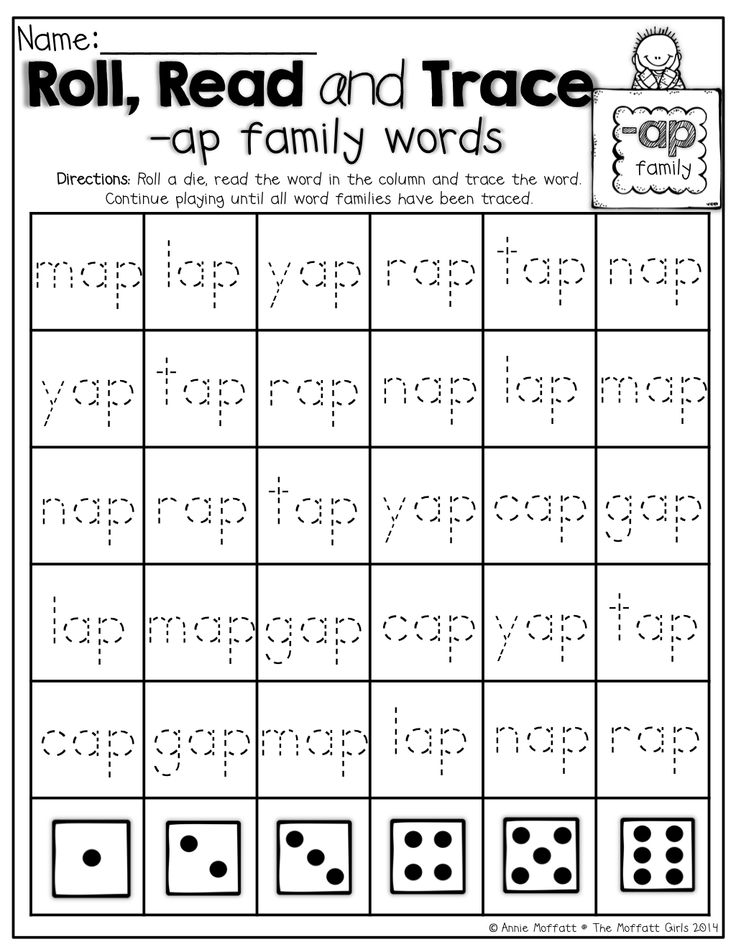
4) Take off all the cards. Have your child read the name of the family in the center of the board. Then have him read each card and match it to the picture. You will be teaching new vocabulary along the way when he gets stuck on a particular word (“What’s does gloat mean?”).
5) After a few times of doing this with you, this is something your child might be able to do himself. You can pull out the binder for a reading warm-up before trying some early reading books — or if you’re not there yet, do a few Read ‘ Stick mats after you read books together. You could even put the binder in a bag and bring it along to the waiting room.
All our long vowel mats
- Long a
- Long e
- Long i
- Long u
Get your free word family mats!
CLICK TO DOWNLOAD
GRAB OUR BUNDLE OF PRINTABLE BOOKS & GAMES!
Phonics Books & Games: Long Vowels & More
$20.00
Looking for focused phonics activities for long vowel words, r-controlled vowels, diphthongs, and more? You’ll love this bundle of 56 printable phonics books and 52 printable games.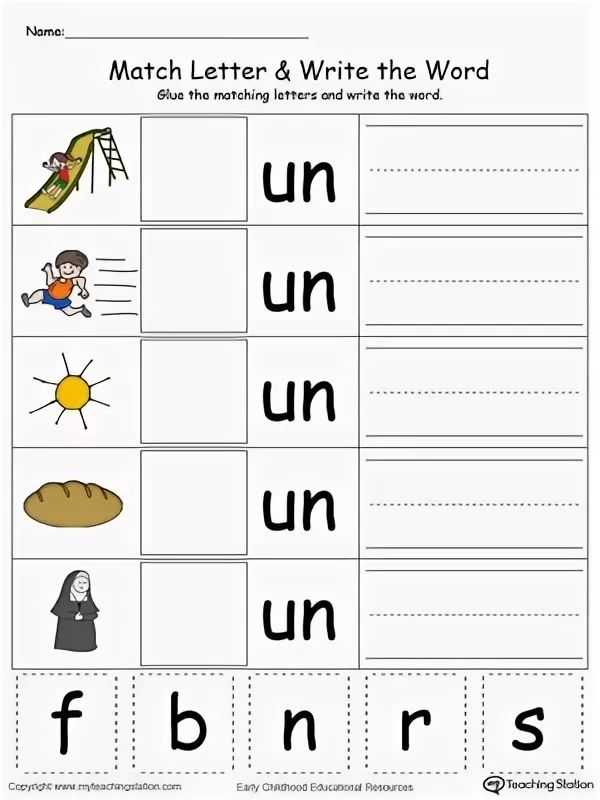
Buy Now
Free Reading Printables for Pre-K-3rd Grade
Join our email list and get this sample pack of time-saving resources from our membership site! You'll get phonemic awareness, phonics, and reading comprehension resources ... all free!
Sharing is caring!
Filed Under: Reading, CVCE Words, Vowel teams Tagged With: first grade, second grade, kindergarten, read and stick mats, long o
You May Also Enjoy These Posts:
Books for Letter A
9 Simple Toddler Activities
Trackbacks
Long Vowel Sounds: Word Lists & Activities
Phonics | Spelling
ByDelilah Orpi
This post may contain affiliate links, and I will earn a commission if you purchase through these links. Please read the disclosure policy for more details.
Sharing is caring!
- Share
- Tweet
In this post, I’m breaking down long vowel sounds (or long vowel words) to help you teach them when working with struggling readers and spellers.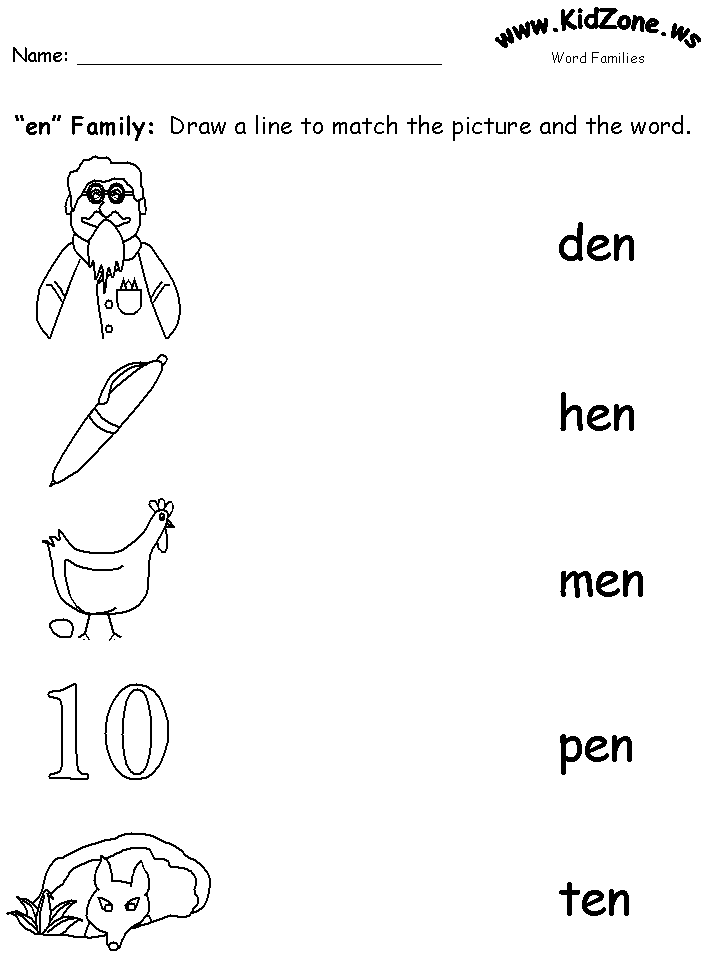
Looking for long vowel word lists? Download all 5 of my pdf long vowel sounds word lists in my freebies library by joining my email list below.
What is a long vowel sound?
Long vowel sounds are vowels that are pronounced the same as their name. You’ll often hear teachers say that long vowels “say their name”.
Long vowels are very common but they can be tricky because there are so many spellings for each long vowel sound.
There are actually 4 ways to make long vowel sounds:
- Vowels at the end of a syllable make the long sound. For example, in the words me and halo (ha-lo) the vowels are all at the end of a syllable so they make the long sound.
- Silent e makes the previous vowel long. The words bike and phone have a silent e at the end that makes the previous vowel long.
- Vowel teams can make the long sound.
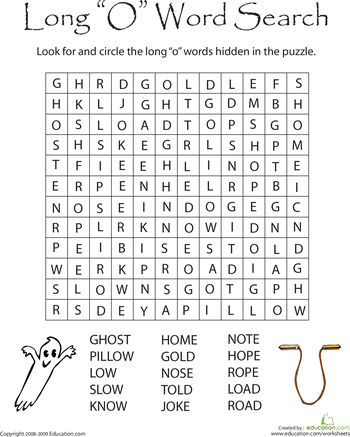 Vowel teams work together to make one sound, and usually, it’s a long vowel sound. For example, boat and meat both have vowel teams that make the long sound.
Vowel teams work together to make one sound, and usually, it’s a long vowel sound. For example, boat and meat both have vowel teams that make the long sound. - I or O can be long when they come before two consonants. In words like cold and mind, i and o make a long vowel sound.
Long Vowel Words
Long vowel sound words are words that have vowels that say their name. Below are a few examples:
- Long a – baby, cake, rain, day, they, weigh
- Long e – me, eve, hear, meet, piece, candy
- Long i – silent, bike, light, my
- Long o – go, home, toe, boat, snow
- Long u – music, mule, pew, feud
Long A Sound
The long a sound can be represented by 8 different spelling patterns:
- a – baby
- a_e – cake
- ai – rain
- ay – play
- ei – reindeer
- eigh – weight
- ea – steak
- ey – they
Learn more about teaching the long a sound here, and check out my Long A Words Activities & Worksheets for printable activities.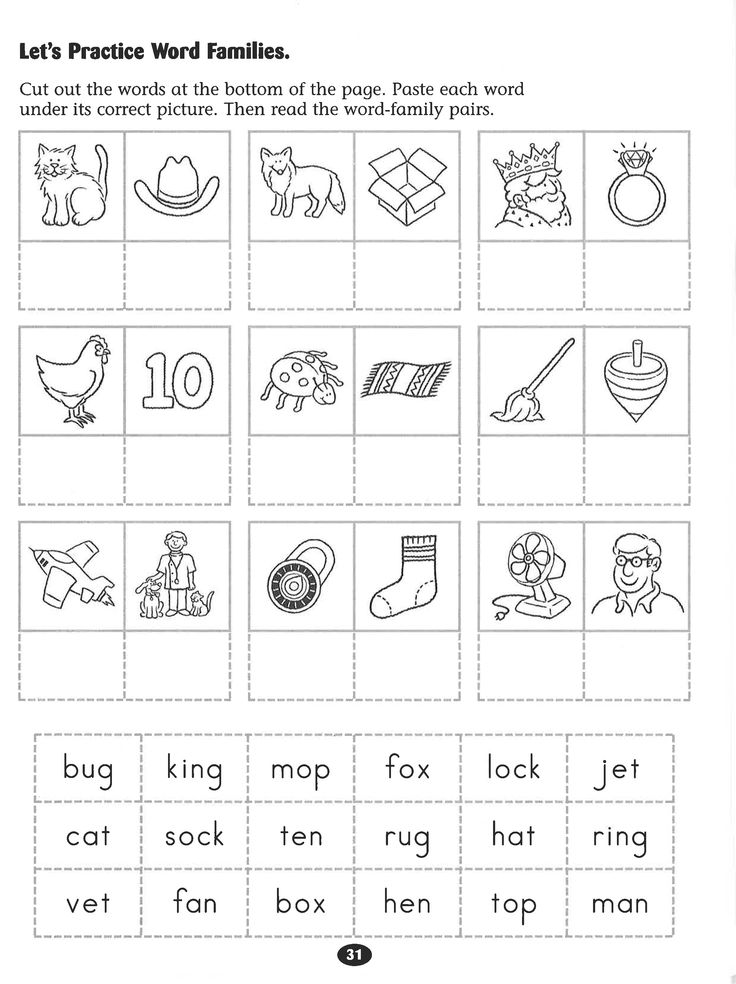
Long E Sound
The long e sound can be represented by 8 different spelling patterns:
- e – be
- e_e – eve
- ee – meet
- ea – beach
- ei – protein
- ie – piece
- ey – key
- y – candy
For ideas, tips, and tricks when teaching the long e sound, read this post all about teaching the long e vowel sound, and check out my Long E Words Activities & Worksheets for printable activities.
Long I Sound
The long i sound can be represented by 6 different spelling patterns:
- i – silent
- i_e – shine
- ie – pie
- igh – light
- y – my
- y_e – type
You can learn more about teaching the long I sound in this post. And check out my Long I Worksheets set in my shop for printable activities on the long i sound.
Long O Sound
The long o sound can be represented by 5 different spelling patterns:
- o – go
- o_e – phone
- oe – toe
- oa – boat
- ow – snow
You can learn more about teaching long o words and check out my long o worksheets.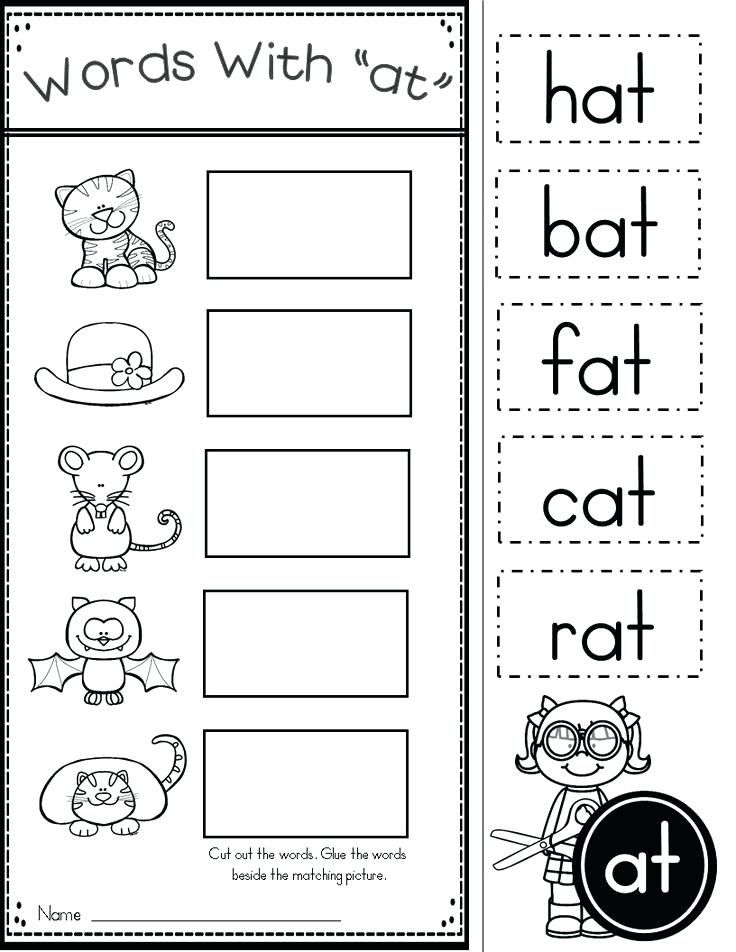
Long U Sound
The long u has two sounds: yoo (/y/ /oo/) and oo (/oo/).
The long u sound can be represented by 7 different spelling patterns:
- u – music
- u_e – mule
- ue – rescue
- eu – feud
- ew – few
- oo – food
- ou – soup
Learn more about teaching the long u sound here.
Tips for teaching the long vowel sounds
Teach one spelling pattern at a time!
I don’t mean one vowel sound, but just one spelling pattern. So for example, if you’re working on long a, you would work on the spelling pattern a silent e (cake, same, cave) until students have mastered it, then move on to ai, and so on. You should not be teaching multiple spelling patterns together, even though they make the same sound.
I know that most programs out there combine all the long vowel sound spelling patterns into one lesson, especially in spelling lists, but this does not work for struggling readers. You need to break it down for them and only do one at a time.
You need to break it down for them and only do one at a time.
Teach the syllable types.
Because syllables have a lot to do with whether vowels make the short or long sound, if students do not already know the 6 syllable types then teach them along with the long vowel sound.
Here are resources for each syllable type:
- closed syllable
- open syllable
- final silent e syllable
- vowel team syllable
- r combination syllable
- consonant le syllable
Use a variety of activities to practice each spelling pattern.
Games, dictation, word sorts, memory or matching with flashcards, word hunts, textured writing, body spelling, and bingo are all fun ways to practice the long vowel sounds.
The main activity that is often overlooked is dictation. It seems so simple but the task involves listening to a word, deciding on the spelling, and transferring that info to written form. These are all skills that struggling readers need to practice.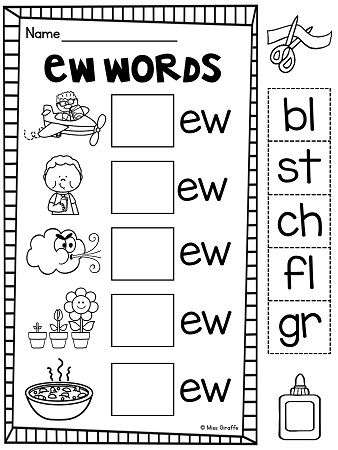
Teach the spelling generalizations.
Some of the long vowel spelling patterns are spelling rules that make it easy to remember.
For example, ai is usually found at the beginning or middle of a syllable, and ay is usually found at the end of a syllable. [Examples: rain, aim, play, daytime]
Here is another example with long o: oa is usually found at the beginning or middle of a word, and ow is usually found at the end. [Examples: boat, coach, snow]
Long Vowel Word List
I made these word lists to help teach the long vowels. I find it handy to have these on hand when playing phonics games or planning activities for long vowel lessons.
Grab them for free below!
Visit my Teachers Pay Teachers shop to see all my literacy products.Want to remember this? Save Long Vowel Sounds: Word Lists & Activities to your favorite Pinterest board!
Sharing is caring!
- Share
- Tweet
Delilah Orpi
Delilah Orpi is the owner and founder of Thrive Literacy Corner.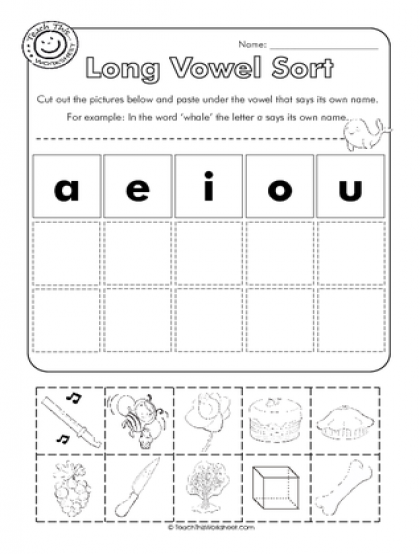 She has a Bachelor's degree in Special Education, a Master's degree in TESOL, and is a member of the International Dyslexia Association. She is an experienced educator and literacy specialist trained in Orton Gillingham and Lindamood Bell. Delilah creates literacy resources for educators and parents and writes to create awareness about dyslexia and effective literacy instruction based on the science of reading.
She has a Bachelor's degree in Special Education, a Master's degree in TESOL, and is a member of the International Dyslexia Association. She is an experienced educator and literacy specialist trained in Orton Gillingham and Lindamood Bell. Delilah creates literacy resources for educators and parents and writes to create awareness about dyslexia and effective literacy instruction based on the science of reading.
Similar Posts
Phonics
Phonics, Phonemic Awareness, and Phonological Awareness: The Ultimate Guide
ByDelilah Orpi
When it comes to teaching reading, phonics is definitely one of the most important aspects. But what’s the difference between phonics, phonemic awareness, and phonological awareness? And what do each of these terms mean for your students? This guide will break it all down for you! What Is Phonological Awareness? Phonological awareness is the ability…
Read More Phonics, Phonemic Awareness, and Phonological Awareness: The Ultimate GuideContinue
Phonics | Spelling
Blends and Digraphs: How To Teach Them
ByDelilah Orpi
What are blends and digraphs? And what’s the best way to teach them? There are very common questions I get all the time so in this post, I’m talking all about consonant blends and digraphs, how to teach them, and providing you with some free word lists and resources too! Consonant Blends Consonant blends are…
Read More Blends and Digraphs: How To Teach ThemContinue
Parents | Phonics
How to Teach Phoneme Segmentation
ByDelilah Orpi
Phoneme segmentation is a foundational skill for reading and writing. It’s important to start teaching phoneme segmentation skills early so children can develop this skill before it becomes more difficult to learn. Mastering phoneme segmentation helps readers break apart sounds in a word, blend them together, and read! Here are five activities you can do…
It’s important to start teaching phoneme segmentation skills early so children can develop this skill before it becomes more difficult to learn. Mastering phoneme segmentation helps readers break apart sounds in a word, blend them together, and read! Here are five activities you can do…
Read More How to Teach Phoneme SegmentationContinue
Phonics | Spelling
All About the Floss Rule
ByDelilah Orpi
Do you wonder why some words are spelled with a double consonant at the end, like miss, and others aren’t (like rob)? There is actually a reason this happens, and it’s called The Floss Rule. The Floss Rule helps you know when to double the final consonant and it’s a pretty easy rule to learn….
Read More All About the Floss RuleContinue
Phonics | Spelling
L Blends Activities And Worksheets
ByDelilah Orpi
In this post, I share my favorite multi-sensory learning activities for L blends, along with a set of multi-sensory L blend worksheets and activities.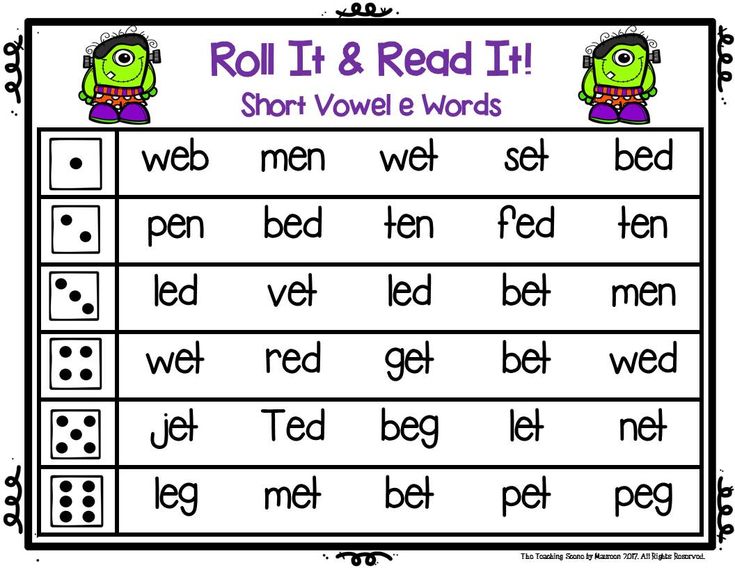 It’s no surprise that I love to use a variety of multi-sensory activities when teaching letter blends. Multi-sensory learning is the cornerstone of the Orton-Gillingham method. Struggling learners simply learn best…
It’s no surprise that I love to use a variety of multi-sensory activities when teaching letter blends. Multi-sensory learning is the cornerstone of the Orton-Gillingham method. Struggling learners simply learn best…
Read More L Blends Activities And WorksheetsContinue
Estonian / Linguopedia :: lingvo.info
Number of native speakers
about 1.29 million
Official language
in Estonia, EU
Diaspora language
in Sweden, Finland, Latvia, Germany, Canada, USA, Russia, Australia, Argentina, Brazil, UK, Denmark.
Alphabet
Latin, 32 letters
Grammar cases
14
Language code
et, est
Language typology
agglutinative , collocation , SVO
Language family
Uralic family, Finno-Ugric branch, Balto-Finnish subgroup
Number of dialects
2
The longest word
sünnipäevanädalalõpupeopärastlõunaväsimatus
the endless energy of a Saturday evening after a birthday party that lasted all weekend
jõeäärne õueaiamaa
riverside garden
History
The Estonian language began to form in the 12th-13th centuries, as a result of the mixing of two or three dialects that began to separate from other Baltic-Finnish dialects at the beginning of our era.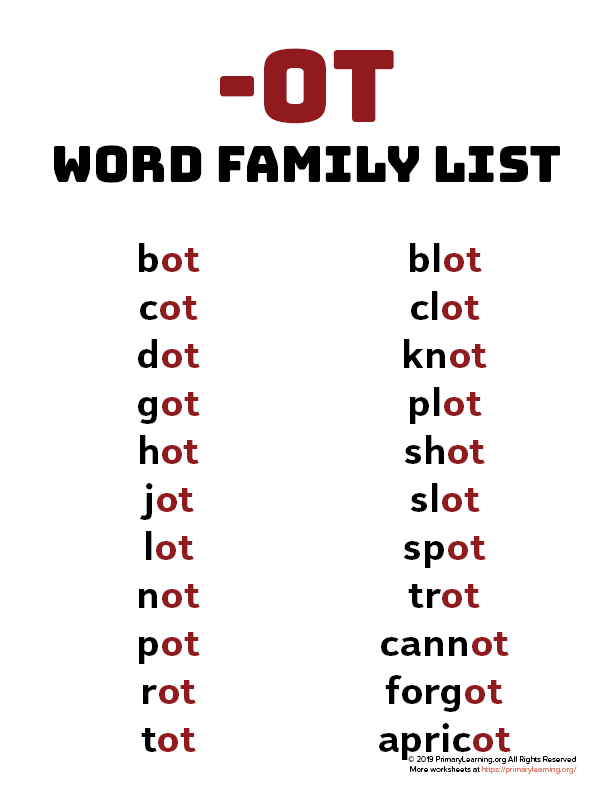 The Germanic, Slavic and Baltic languages also influenced the formation of the Estonian language.
The Germanic, Slavic and Baltic languages also influenced the formation of the Estonian language.
Dialects
Two groups of dialects (two dialects) that differ significantly from each other.
- Northern dialect:
- Middle Estonian dialects: central, western, insular, eastern
- Northeastern dialects: Coastal, Alutaguse
- Southern dialects: Mulk (Mulgi), Tartu, Vyru
Writing and pronunciation system
- a
- b
- c
- d
- and
- f
- g
- h
- and
- k
- l
- m
- n
- or
- p
- q
- r
- s
- š
- z
- to
- t
- and
- v
- w
- x
- to
- or
- to
- x
- and
In Estonian words, the first syllable is usually stressed (there are exceptions: aitäh "thank you", sõbranna "girl", some interjections: ahah, ohoh - in them the stress is placed on the second syllable). In borrowed words, the stress also falls on the first syllable: miljonär, apelsin, pensionär; in new borrowed words, the stress remains in the same place as in the original language: büroo, psühholoogia, kompuuter.
Vowels are pronounced differently, there is no reduction. Consonants and vowels have three degrees of longitude: koli (short “o” - “move”), kooli (medium-long “o”, “schools”, in the genitive case), kooli (long “o”, “to school”).
Consonants and vowels have three degrees of longitude: koli (short “o” - “move”), kooli (medium-long “o”, “schools”, in the genitive case), kooli (long “o”, “to school”).
Consonants are grouped according to whether they are soft or hard, not voiced/voiced. The consonant g, b, d, d’, for example, is not voiced, but deaf, pronounced with a clear stop during articulation, so they sound more like k, p, t, t’. The Estonian sound k, p, t, t’ is pronounced with a longer shutter. Consonants are not stunned at the end of a word, as in Russian. Voiceless and voiced plosives at the beginning of words are not pronounced differently; thus, in the words baas (“base”) and paas (“limestone”) they are pronounced the same. The sound f appears only in loanwords: film, faktor.
The pronunciation is in most cases clear from the spelling.
Grammar
Estonian is an agglutinative language with elements of inflection. Grammatical forms are formed by the following method: grammatical markers and endings are added to the stem (for example: plural adessive case lauda+de+l (stem+plural marker+case ending) “on the tables”; phonetic word changes also take place (lugema "read" - loen "I read").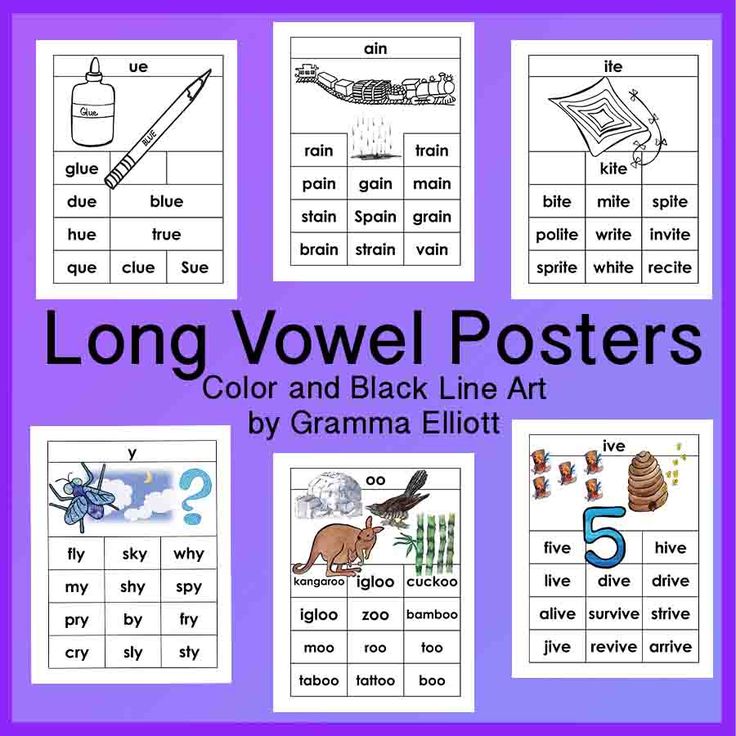 Words can consist of a large number of morphemes.
Words can consist of a large number of morphemes.
Estonian does not have a category of articles or gender, but there is a feminine marker in words that mean females, for example: tanárnő (“teacher”), titkárnő (“secretary”).
Estonian has 14 cases. The case system is based on the alternation of the so-called strong and weak steps, as a result of which the word can undergo quite significant changes: tuba (“room”, nominative case) - toa (“room”, genitive case).
Personal pronouns have two forms: short (unstressed) and full (accented).
Estonian verbs do not have an aspect category. There are 2 tenses - present and past (with three varieties - simple, perfect and pluperfect). The future tense is expressed either in the present tense or as an analytic form with the addition of the verb hakkama “begin” (or saama “be able”):
- ma kirjutan
I am writing / I will write / I will write
- ma hakkan kirjutama
I will start writing (right now)
- ma saan kirjutada
I can write
There are 4 moods in Estonian:
- indicative: Ta laulab hästi.
 (“He sings well”)
(“He sings well”) - conditional: Ta laulaks hästi. (“He would sing well”)
- indirect (expresses the improbability, doubt of the speaker in something: Ta laulvat hästi. (“He (allegedly, they say) sings well.”)
- imperative: Ta laulgu hasti! (“Let him sing well!”)
4 participles can be formed from the verb - real and passive in the present and past tense - and one gerund: looma (“create”): loov (“creating”, real participle of the present tense), loodav (“created”, passive participle of the present tense), loonud (“created”, actual past participle), loodud (“created”, passive past participle).
Word formation and vocabulary
There are many words in the Estonian language, consisting of two, three, four or more components:
Thematic words
Funny or strange proverbs and sayings
Peasant children - Nekrasov. Full text of the poem - Peasant children
Again I am in the village.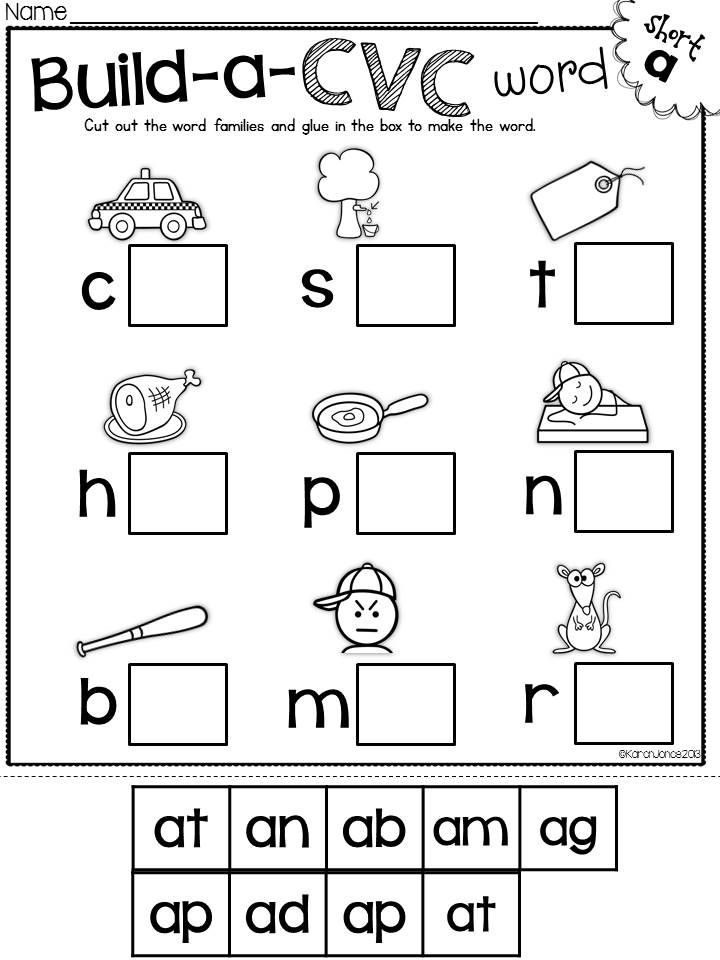 I go hunting,
I go hunting,
I write my verses - life is easy.
Yesterday, tired of walking through the swamp,
I wandered into the shed and fell deeply asleep.
Woke up: in the wide cracks of barn
Rays of cheerful sun look.
Dove cooing; flying over the roof,
Young rooks cry;
Some other bird is also flying -
I recognized the crow just by the shadow;
Chu! some whisper... and here is a string of
Along the slit of attentive eyes!
All gray, brown, blue eyes -
Mixed like flowers in a field.
They have so much peace, freedom and affection,
They have so much holy kindness!
I love the expression of a child's eye,
I always recognize it.
I froze: tenderness touched my soul ...
Chu! whisper again!
First time
Beard!
Second
A gentleman, they said!
Second
Bar has no beard - mustache.
First
And the legs are long, like poles.
Black and white
Look, there's a watch on the hat!
F
Oh, important thing!
Shex
And a gold chain…
Sedm
Tea, is it expensive?
Cheers
How the sun burns!
Baby
And there is a big, big dog!
Water is running from the tongue.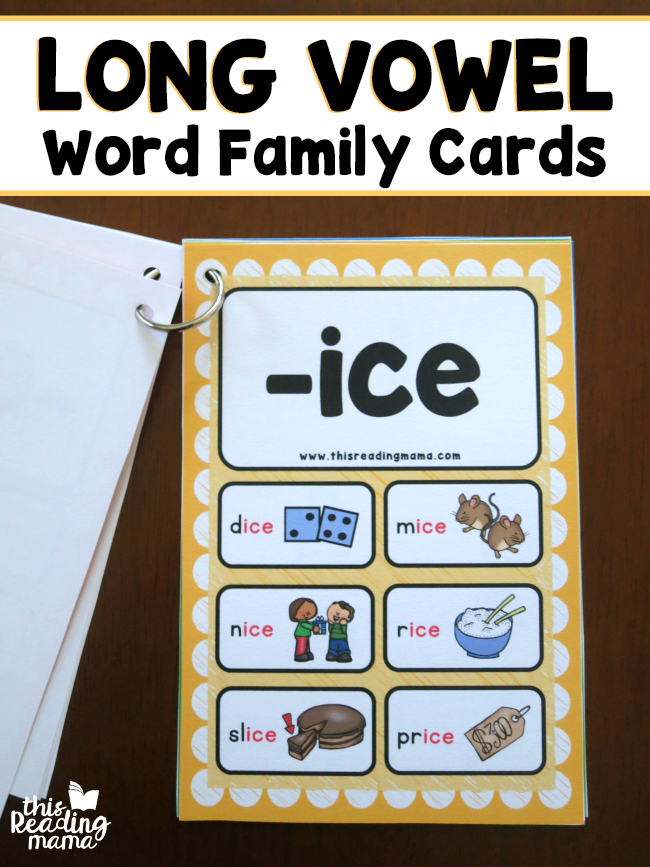
Shotgun! just look: double barrel,
Carved clasps…
Treat
_ (with fright)
Look!
Hundred
Be quiet, nothing! Let's stand still, Grisha!
Treasury
Will kill...
My spies were frightened
And they rushed away: they heard a man,
So sparrows fly in a flock from the chaff.
I calmed down, squinted - they appeared again,
Little eyes flicker through the cracks.
What happened to me - they marveled at everything
And they pronounced my sentence:
- What a goose like that!
I would lie on my stove!
And apparently not a gentleman: how he was driving from the swamp,
So next to Gavrila ... - "Hear, be silent!"
O dear rascals! Who often saw them,
He, I believe, loves peasant children;
But even if you hated them,
Reader, as "a low kind of people", -
I still must confess openly,
That I often envy them:
So much poetry has been merged in their life,
How, God forbid, spoiled children yours.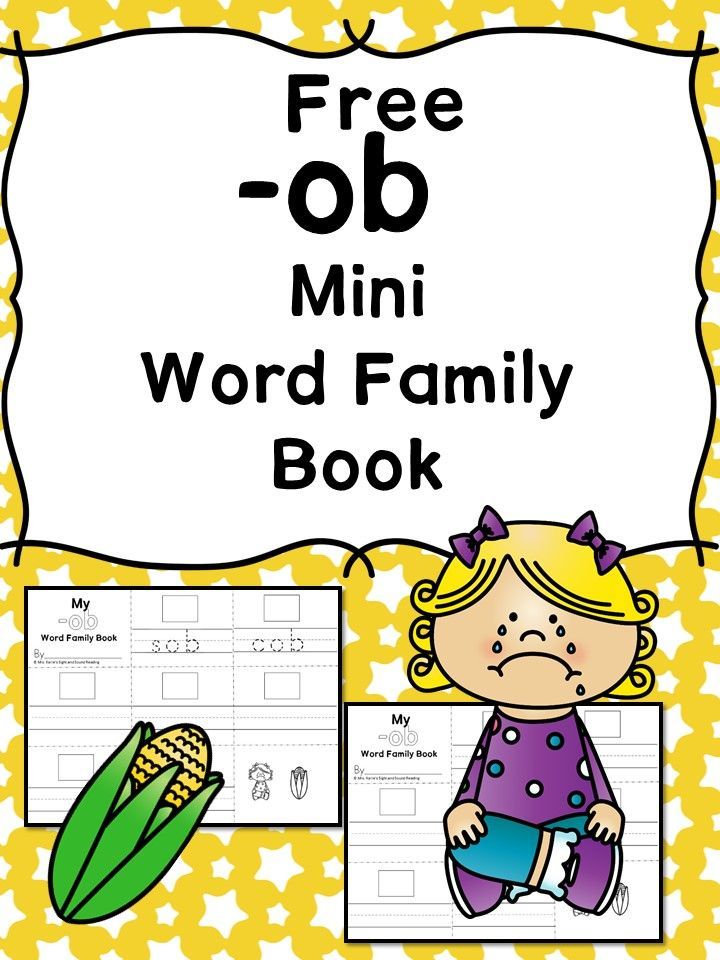
Happy people! Neither science nor bliss
They do not know in childhood.
I made mushroom raids with them:
I dug up leaves, ransacked stumps,
I tried to notice a mushroom place,
And in the morning I could not find anything.
"Look, Savosya, what a ring!"
We both bent down, and at the same time grab
the Snake! I jumped: it hurt!
Savosya laughs: "Caught for nothing!"
But then we ruined them pretty much
And put them side by side on the railing of the bridge.
We must have been waiting for the feats of glory.
We had a big road:
People of working rank scurried
On it without a number.
Vologda ditch digger,
Tinker, tailor, wool beater,
Or a city dweller to the monastery
On the eve of the holiday, he rolls to pray.
Under our thick ancient elms
Tired people were drawn to rest.
The guys will surround: stories will begin
About Kyiv, about the Turk, about wonderful animals.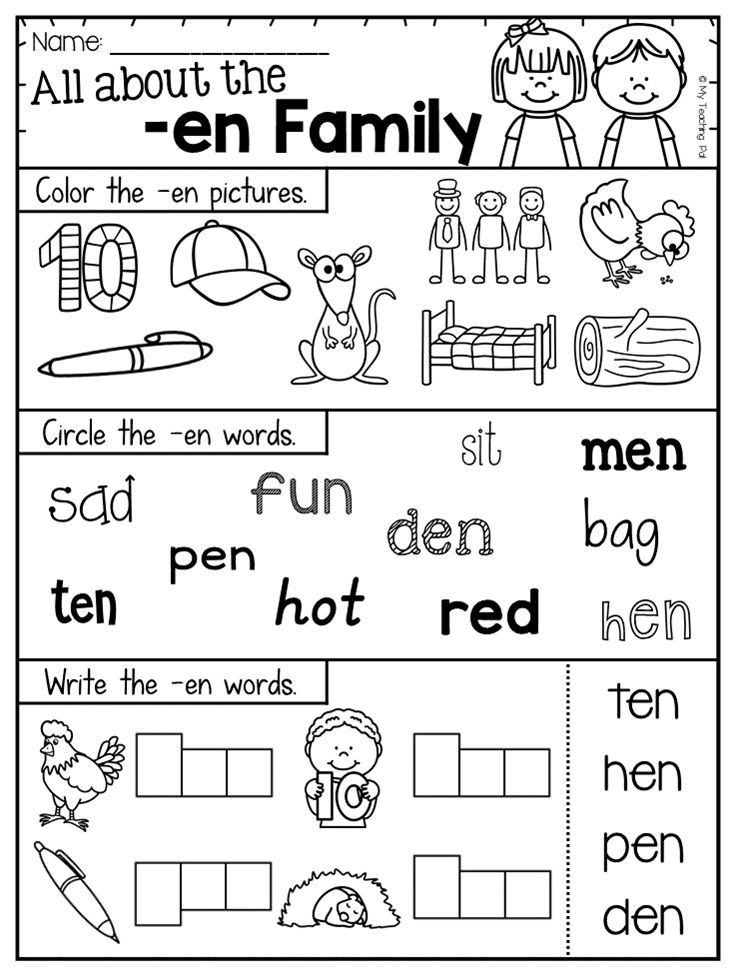
Another will play, so just hold on -
He will start from Volochka, he will reach Kazan "
Mimic Chukhna, Mordovians, Cheremis,
And amuse with a fairy tale, and twist a parable:
"Farewell, guys!
We had Vavilo, he lived richer than everyone else,
Yes, I once thought of murmuring at God, -
Since then, Vavilo has become shabby, ruined,
There is no honey from bees, harvest from the earth,
And only in one thing he was happy,
That the hair from his nose grew rapidly ... "
The worker will arrange, lay out shells -
Planers, files, chisels, knives:
"Look, little devils!" And the children are happy,
How you saw, how you tinker - show them everything.
A passer-by will fall asleep to his jokes,
The guys get down to business - sawing and planing!
The saw will go out - you can't sharpen it even in a day!
Break the drill and run away in fright.
It happened, whole days flew by here, -
Like a new passerby, then a new story .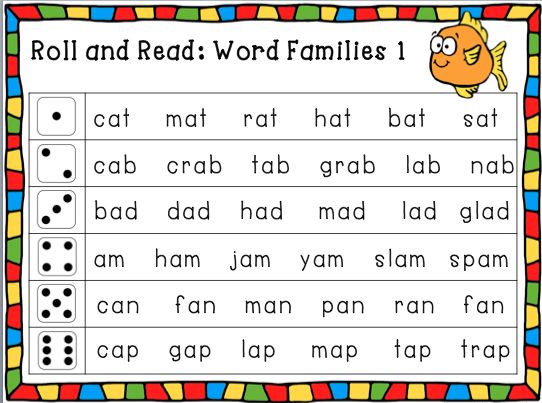 ..
..
Wow, it's hot! .. Until noon, mushrooms were collected.
Here they came out of the forest - towards exactly
A blue ribbon, winding, long,
Meadow river; they jumped off in a crowd,
And fair-haired heads over the desert river
Like porcini mushrooms in a forest clearing!
The river resounded with both laughter and howling:
Here the fight is not a fight, the game is not a game...
And the sun is scorching them with midday heat.
- Home, kids! it's time to have dinner.—
We've returned. Everyone has a basket full,
And how many stories! Caught with a scythe,
Caught a hedgehog, got a little lost
And saw a wolf ... oh, what a terrible one!
The hedgehog is offered both flies and goats,
Roots gave him his own milk -
He doesn’t drink! backed down...
Who catches leeches
On the lava, where the uterus beats the linen,
Who nurses his sister, two-year-old Glashka,
Who drags kvass on the stubble bucket,
And he, having tied his shirt under his throat,
Something mysteriously draws in the sand;
That one got into a puddle, and this one with a new one:
She wove herself a glorious wreath,
Everything is white, yellow, pale lilac
Yes, occasionally a red flower.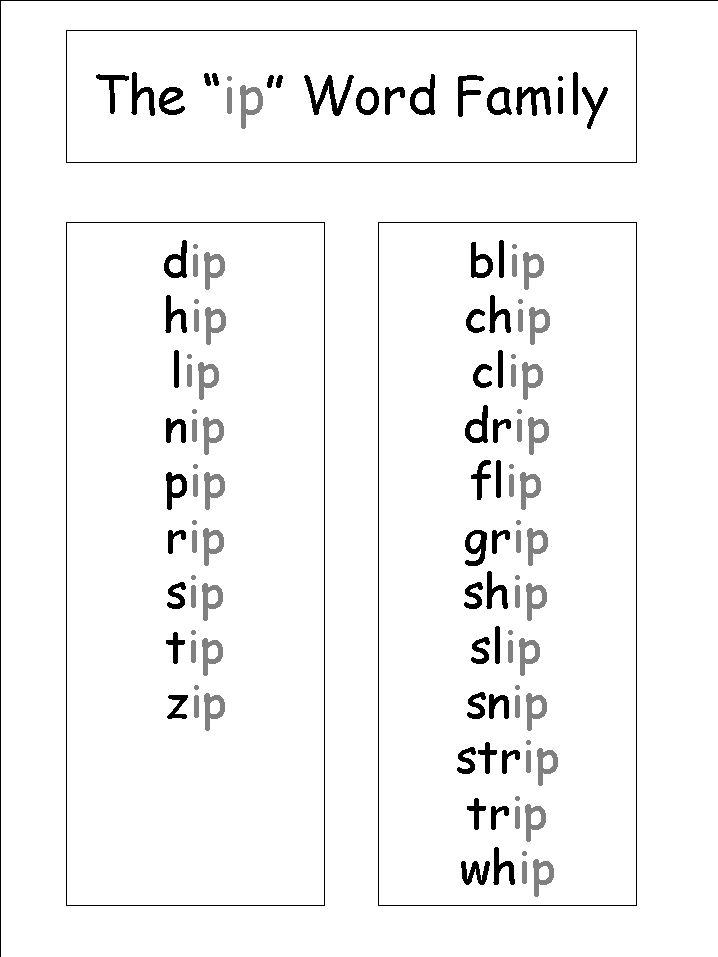
Those are sleeping in the sun, those are squatting.
Here is a girl catching a horse with a basket -
She caught it, jumped up and rides on it.
And is she, born under the heat of the sun
And brought home in an apron from the field,
To be afraid of her humble horse?
Mushroom time did not have time to depart,
Look - everyone's lips are already black,
They filled the mouth: the blueberries are ripe!
And there are raspberries, lingonberries, walnuts!
A childish cry, repeated by an echo,
From morning until night, rumbles through the forests.
Frightened by singing, hooting, laughter,
Will the grouse take off, croaking to the chicks,
Will the hare jump up - sodom, turmoil!
Here is an old capercaillie with a slick wing
It was brought into the bush ... well, the poor thing is bad!
The living being dragged to the village with triumph...
— Enough, Vanyusha! you walked a lot,
It's time for work, dear! -
But even labor will turn first
To Vanyusha its smart side:
He sees how his father fertilizes the field,
How he throws grain into the loose earth,
How the field then begins to turn green,
How the ear grows, pours grain;
The finished harvest will be cut with sickles,
They will be tied up in sheaves, they will be brought to the barn,
They will dry it, beat it with flails,
They will grind it in the mill and bake bread.
A child will taste fresh bread
And in the field he more willingly runs after his father.
Will they wind up the senets: “Climb, little shooter!”
Vanyusha enters the village as a tsar...
However, envy in a noble child
It would be a pity for us to sow.
So, by the way, we are obliged to wrap
The other side of the medal.
Suppose a peasant child is free
He grows up without learning anything,
But he will grow up, if God pleases,
And nothing prevents him from bending.
Suppose he knows forest paths,
Prancing on horseback, not afraid of water,
But gnats mercilessly eat him,
On the other hand, he is familiar with the works early...
Once, in the cold winter season,
I came out of the forest; there was severe frost.
I look, it is slowly going uphill
A horse carrying a cart of brushwood.
And, marching solemnly, in orderly calmness,
A peasant is leading a horse by the bridle
In large boots, in a sheepskin coat,
In large mittens .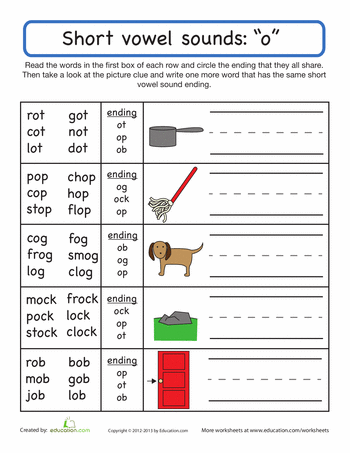 .. and he himself is like a fingernail!
.. and he himself is like a fingernail!
- Hello, boy! - "Go past yourself!"
- You are too formidable, as I see it!
Where are the firewood from? - “From the forest, of course;
Father, you hear, he cuts, and I take him away.
(A woodcutter's ax resounded in the forest.)
— Does your father have a big family?
"It's a big family, but two people
Just a bunch of peasants: my father and me..."
- So there it is! And what is your name? - Vlas.
- Are you a year old? - "The sixth passed ...
Well, dead!" the little one shouted in a bass voice,
He jerked by the bridle and walked faster.
The sun shone so brightly on this picture,
The child was so hilariously small,
As if it was all made of cardboard,
As if I were in a children's theater!
But the boy was a living, real boy,
And firewood, and brushwood, and a piebald horse,
And snow, lying to the windows of the village,
And the cold fire of the winter sun -
Everything, everything was real Russian,
With the stigma of unsociable, deadly winters,
What is so painfully sweet to the Russian soul,
What instills Russian thoughts in the minds,
Those honest thoughts that have no will,
To which there is no death - do not press,
In which there is so much malice and pain,
In which there is so much love!
Play now, children! Grow at will!
That's why you've been given a red childhood,
To love this meager field forever,
So that it always seems sweet to you.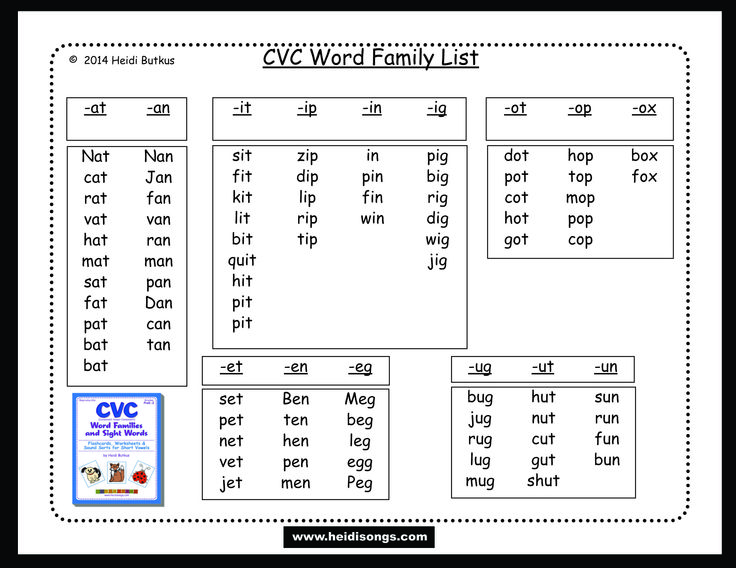
Keep your age-old heritage,
Love your working bread -
And let the charm of childhood poetry
Guide you into the depths of your native land! ..
Now it's time for us to return to the beginning.
Noticing that the guys have become bolder, -
"Hey, thieves are coming! I called out to Fingal:
Steal, steal! Well, hide quickly!
Fingalushka made a serious face,
He buried my belongings under the hay,
He hid the game with special diligence,
He lay down at my feet and growled angrily.
An extensive field of canine science
He was perfectly familiar;
He started throwing out such things,
That the audience could not leave the place.
They wonder, they laugh! There is no time for fear!
Command themselves! - "Fingalka, die!"
- Don't get caught, Sergey! Don't push, Kuzyakha, -
"Look - dying - look!"
I myself enjoyed, lying in the hay,
Their noisy fun. Suddenly it became dark
In the barn: it gets dark so quickly on the stage,
When the storm is destined to break out.